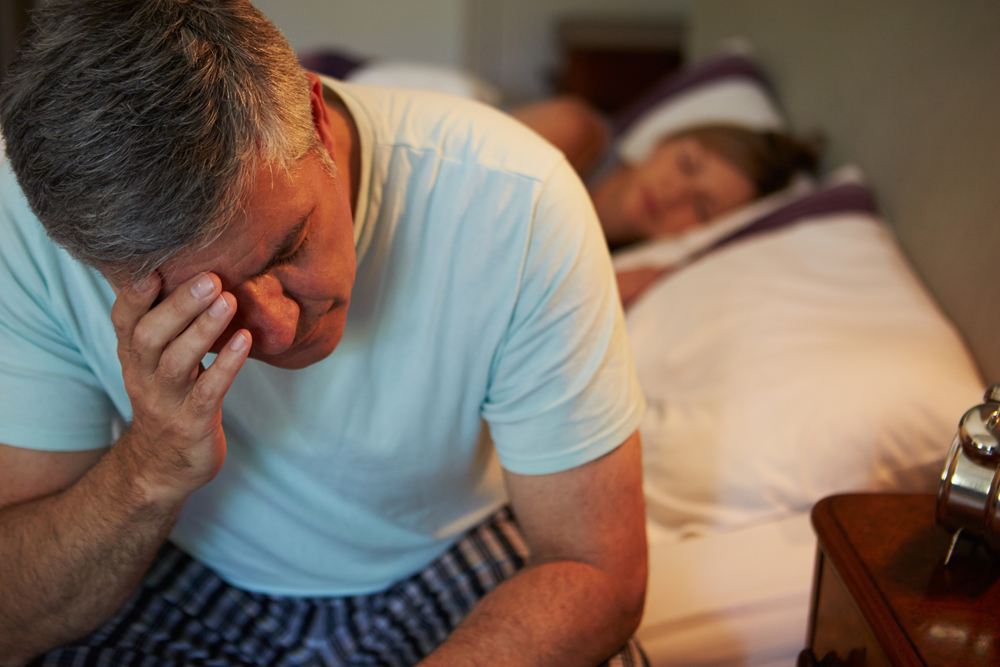
You’ve heard how important it is to “get enough sleep.” You know your body and brain require sleep for optimal function.
Yet, according to the American Academy of Sleep Medicine, 30 to 35 percent of adults have symptoms of insomnia, meaning about one-third of adults have trouble falling asleep or staying asleep.
This past September, Northwest Neurology began offering sleep medicine services at its locations in Lake Barrington, Rolling Meadows and Libertyville.
Two new sleep medicine specialists, Dr. Ahmer Ali and Dr. Yumna Saeed, complete Northwest Neurology’s team of 23 providers. Both Ali and Saeed completed fellowships in sleep medicine at Northwestern University and now lead the Northwest Neurology Sleep Program.
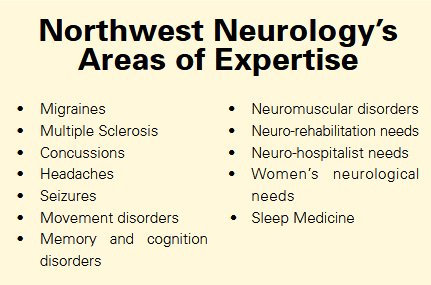
“There’s significant overlap between neurology and sleep medicine,” Saeed says. “Many of our patients with neurological disorders such as epilepsy, multiple sclerosis or neurodegenerative diseases, such as Alzheimer’s or dementia, can also have a sleep disorder. As such, Northwest Neurology is now able to provide sleep medicine services to its patients.”
Northwest Neurology can now treat patients with sleep disorders including insomnia, sleep apnea, restless leg syndrome, REM behavioral sleep disorder, circadian rhythm disorders, narcolepsy and substance or medication-induced sleep disorders.
Some patients may need a sleep study to determine a diagnosis. This can be done at home or in a sleep laboratory. Northwest Neurology provides equipment for home sleep tests and collaborates with three laboratories to provide more in-depth sleep testing.
“Home testing is a convenient and affordable way to study a patient’s sleep,” Saeed says. “We can use that data as an initial screening tool to determine a patient’s severity, and for more severe cases, we might recommend that the patient spend the night in a sleep lab for more extensive testing.”
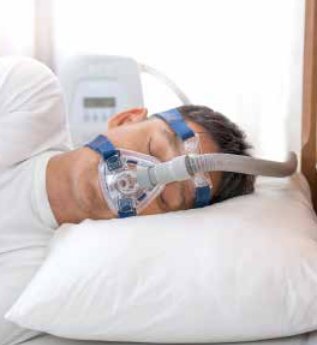
Based on the diagnosis, Northwest Neurology develops a treatment plan from a wide range of treatment strategies, depending on the underlying sleep disorder. Two of the most common disorders are insomnia, when patients have trouble falling asleep or staying asleep, and obstructive sleep apnea, when breathing is interrupted during sleep. Treatment may range from cognitive behavioral strategies or behavior modification for insomnia to oral appliances or CPAP (Continuous Positive Airway Pressure) therapy for obstructive sleep apnea. Saeed and Ali follow up with their patients throughout their treatment to implement the most effective care for long-term recovery.
“With insomnia, medications may be considered for short-term therapy, but oftentimes we establish specific sleep habits and techniques to implement through lifestyle modifications and behavioral therapy, to allow for recovery without the use of medications,” Saeed says. “These skills empower our patients to be able to prevent or treat future episodes of insomnia without the need for medications. With sleep apnea, the severity often dictates what treatments are best. In milder cases, dental appliances may be an option. For more moderate to severe cases, the use of a CPAP device works most effectively by providing continuous airway pressure to prevent the airway from obstructing. Rarely, we resort to surgical options.”
The long-term side effects of untreated sleep apnea increase the risk of developing high blood pressure, metabolic derangements including weight gain, cardiac arrhythmias and even stroke, Saeed says. The long-term side effects of sleep deprivation and insomnia may lead to cognitive symptoms.
“It’s very important, especially in our younger patients, to treat these disorders early on to prevent the detrimental sequelae of untreated sleep disorders down the road,” Saeed says. According to the American Academy of Sleep Medicine, adults age 18 to 60 should sleep at least 7 hours per night on a regular basis to promote optimal health. If you have excessive sleepiness during the day, trouble falling or staying asleep throughout the night, snoring, or other sleep complications, Saeed recommends calling Northwest Neurology at (847) 882-6604 to schedule an evaluation.
“Our goal at Northwest Neurology is to provide our patients with easier access and the highest quality of care that our patients
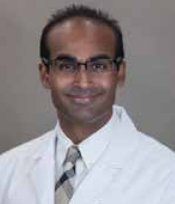
Dr. Ahmer Ali is board-certified in neurology and fellowship trained in epilepsy/EEG, neurophysiology and sleep medicine.
He completed his adult neurology residency and clinical neurophysiology fellowship (with advanced training in both EEG and EMG) at the University of Chicago. He completed his sleep medicine fellowship at Northwestern University.
Dr. Ali’s practice includes all areas of general neurology, and his subspecialty practice includes epilepsy/EEG as well as sleep medicine with a focus on sleep disordered breathing (obstructive sleep apnea, central sleep apnea, etc.), circadian rhythm disorders, parasomnias, REM behavioral disorder, hypersomnia, narcolepsy and insomnia. With dual fellowship training Dr. Ali brings added expertise to his patients.
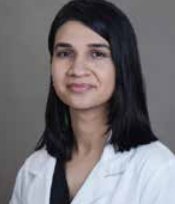
Dr. Yumna Saeed is board-certified in Neurology. She joins Northwest Neurology after completing her sleep fellowship at Northwestern University. She received her medical degree from SUNY Upstate Medical University and completed her internal medicine internship and neurology residency at the University of Pittsburgh Medical Center.
She practices general neurology and sub-specializes in sleep medicine. She focuses on the treatment of sleep disordered breathing (obstructive and central sleep apnea), sleep related movement disorders (parasomnias, RBD, PLMD and RLS), hypersomnia, narcolepsy and insomnia.